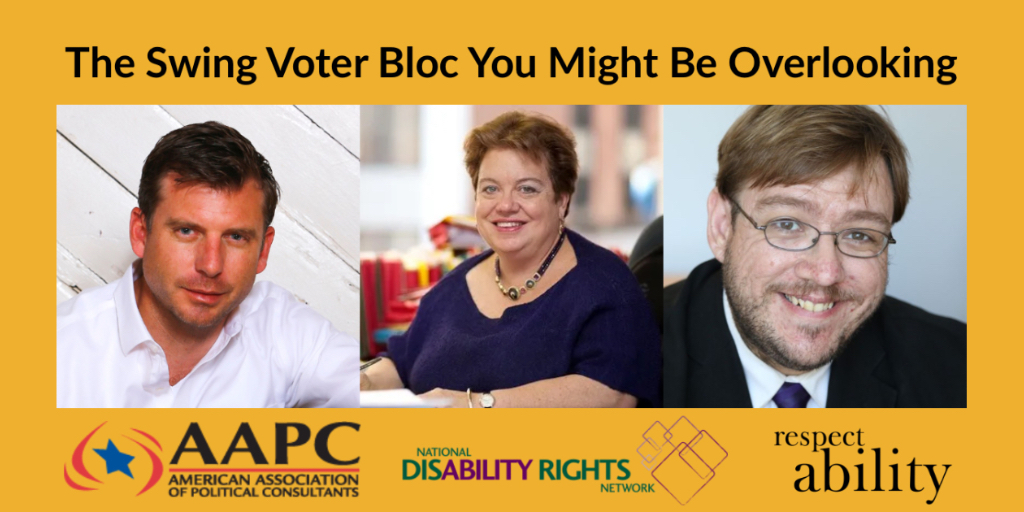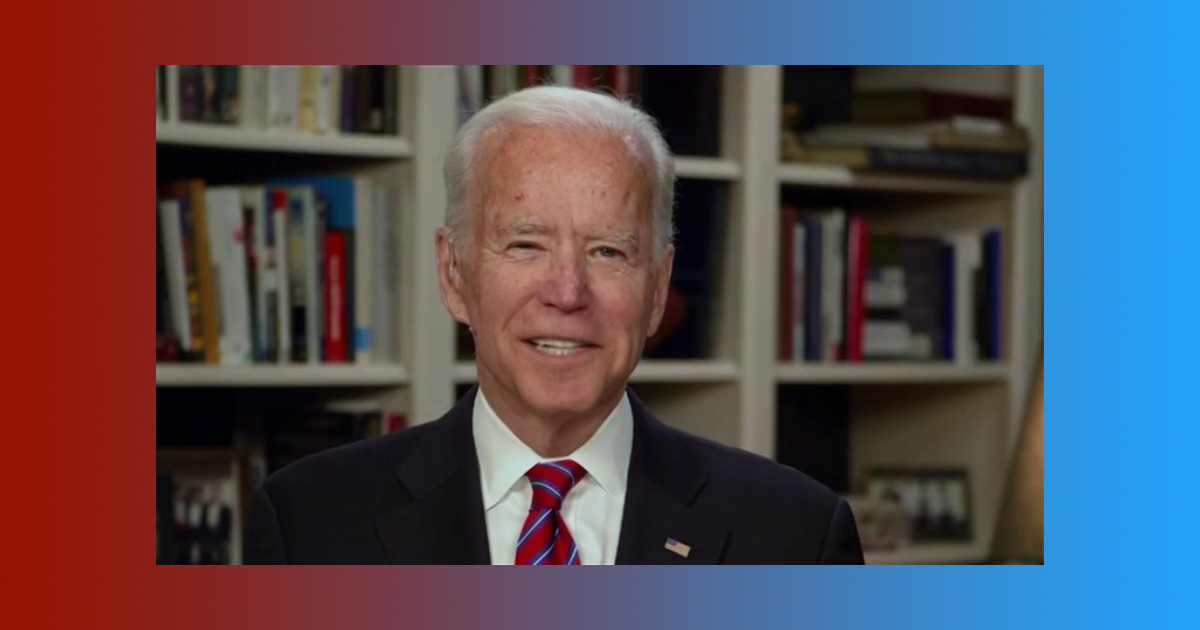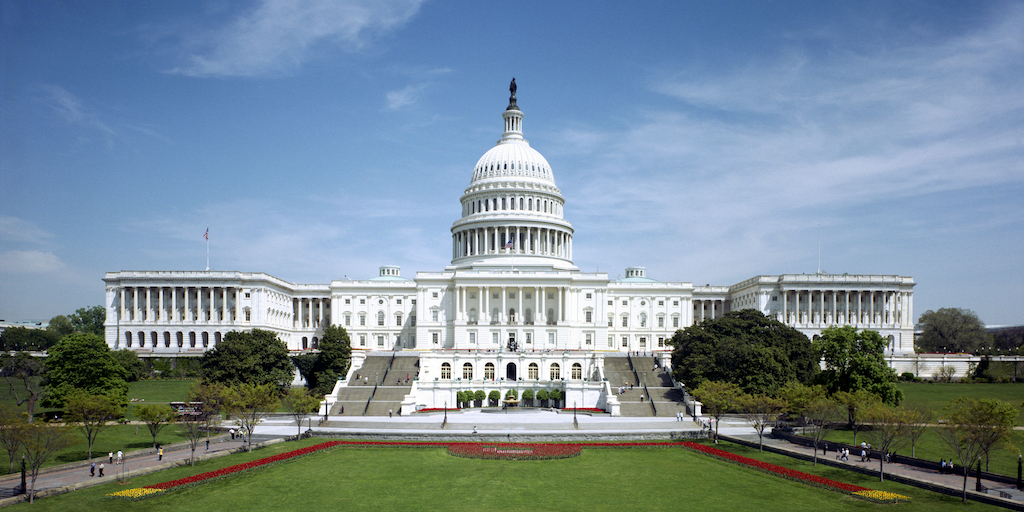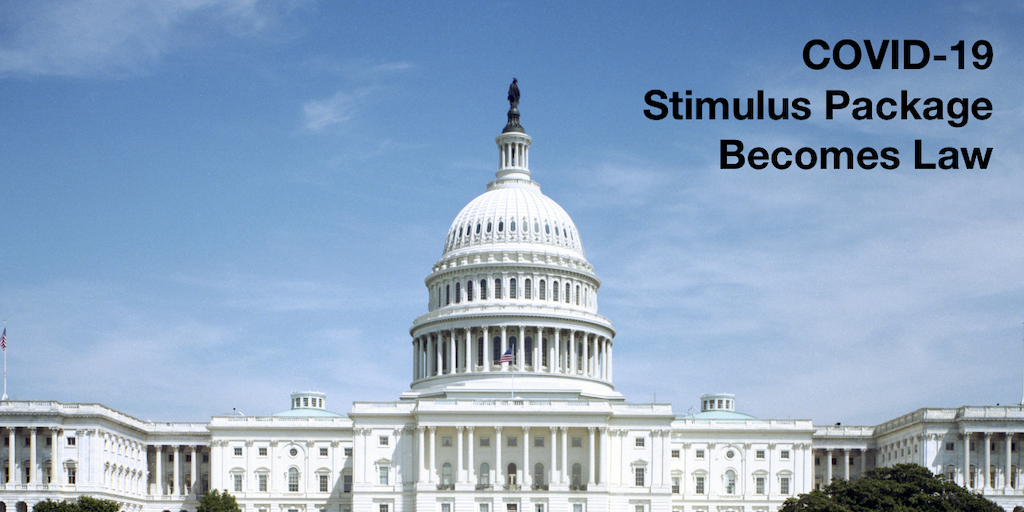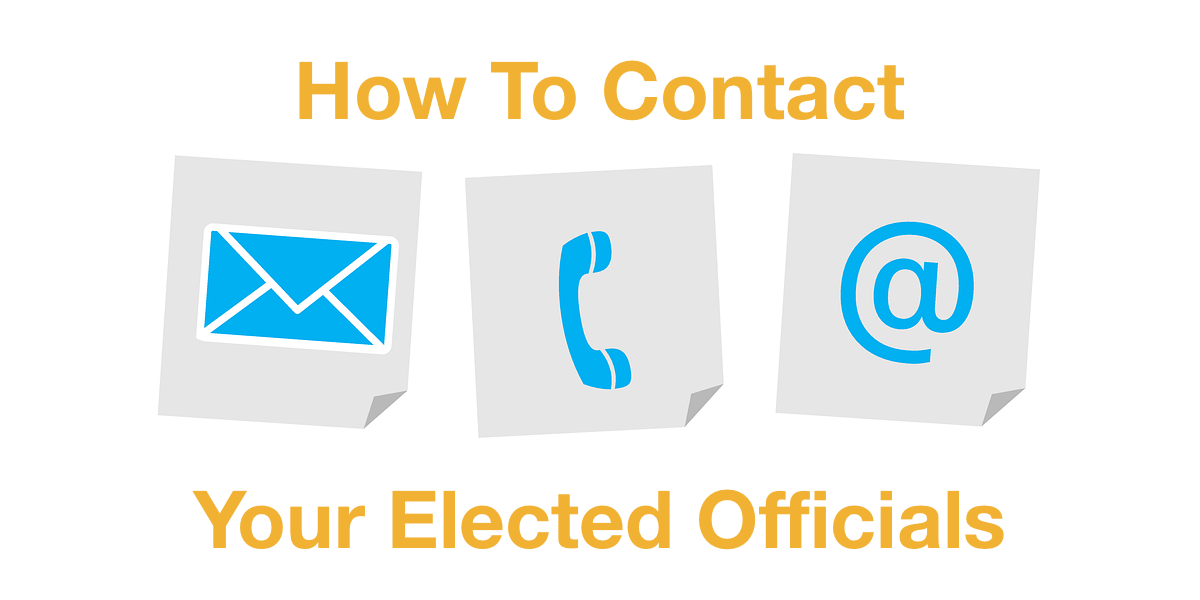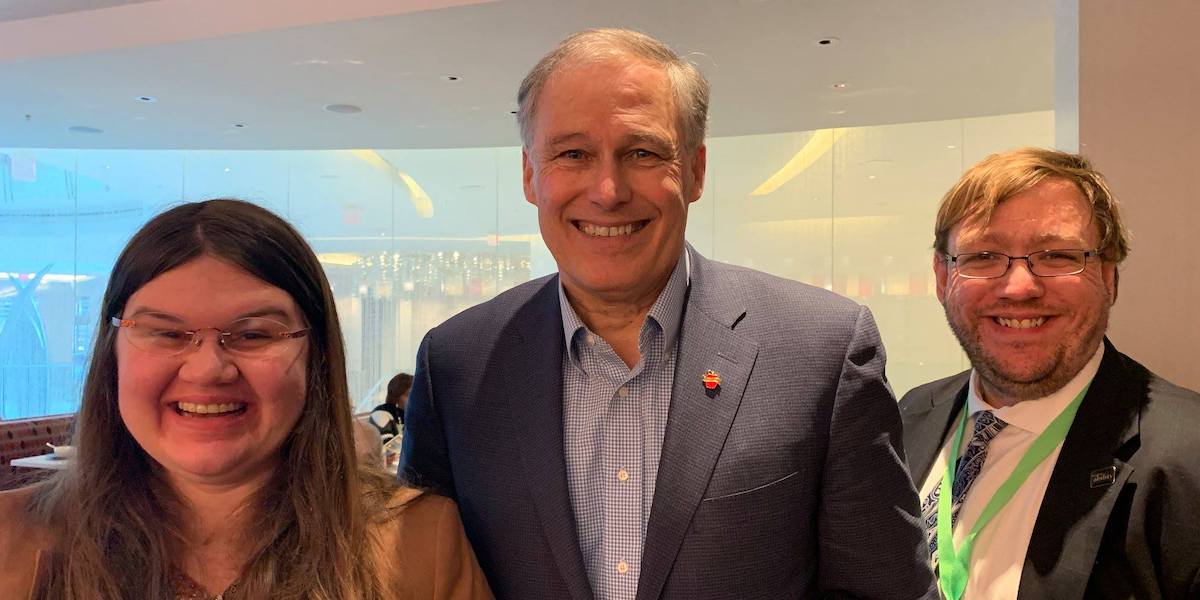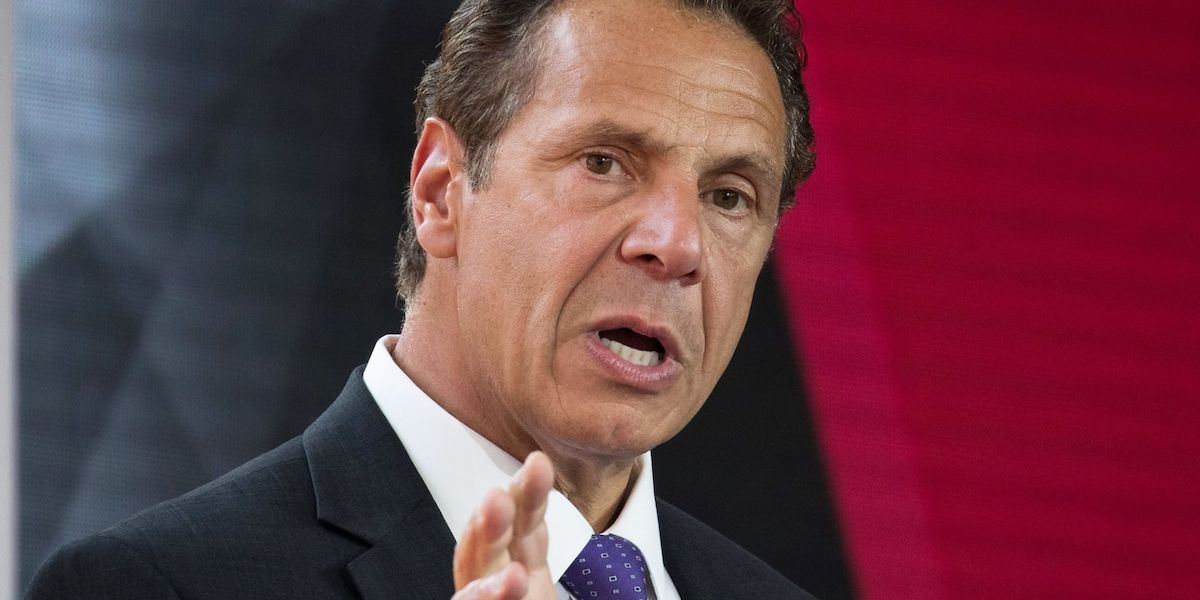Washington, D.C., July 7, 2020 – In a video message played at POWER: the Disability Vote, a national, non-partisan Disability & Election Virtual Summit hosted by the American Association of People with Disabilities (AAPD), the Trump reelection campaign finally broke its long silence on disability issues. The President’s daughter-in-law and campaign adviser Lara Trump spoke in a direct message with subtitles about creating “real and meaningful change for the disabilities community” and how “every American should have the utmost chance to pursue his or her American dream.”
The video is the first statement of any kind released by the President’s reelection campaign that touches on the issues impacting more than 60 million Americans living with disabilities. That number includes people with visual impairments or hearing loss, people with visible conditions such as spinal cord injuries, and the wide range of non-visible disabilities such as learning disabilities, mental health disabilities, or autism.
